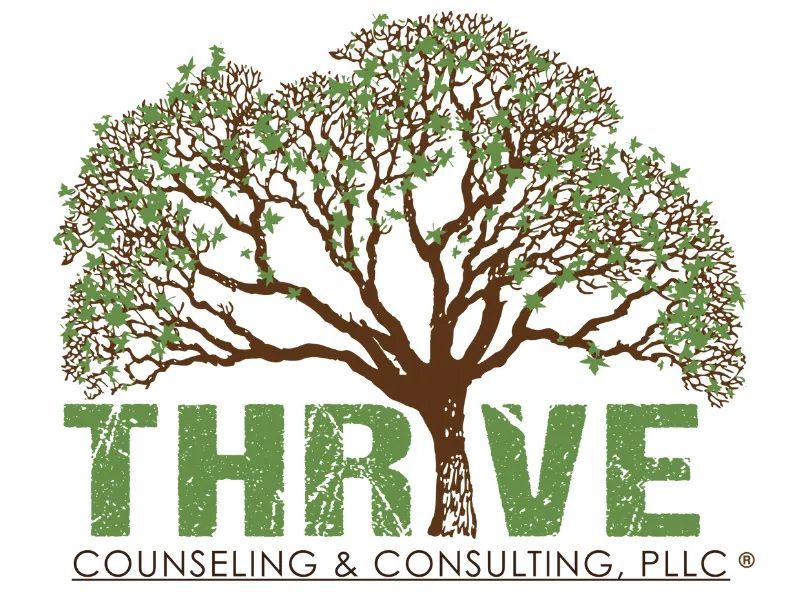Child Play Therapy
Child Play Therapy
for Apex, Asheville, Cary, Charlotte, Concord, Durham, Fayetteville, Fort Liberty, Greensboro, Greenville, High Point, Wilmington, and Winston-Salem, NC
Play is a natural form of communication. It’s one of the first avenues of self-exploration and self-expression we experience as children. It promotes self-awareness and connects us to others all while relieving stress and stimulating creative thinking. Through the act of play, we learn how to manage our emotions and develop the skills required to carry us through everyday life.
So why not go back to the basics when it comes to overcoming trauma or moving through difficult life changes? Especially for children. Therapists use play therapy to help children express what is bothering them when they will not or cannot verbally express their thoughts and emotions. Utilizing play allows a positive relationship to blossom between the child and therapist, which provides a safe platform for corrective emotional healing. Play promotes insight into emotional dysfunctions, allowing therapists to help children develop the tools necessary to heal emotionally.

Is Play Therapy right for my child?
Children between the ages of 3 and 12 benefit the most from play therapy. If your child suffers from a social, emotional or behavior disorder, play therapy might be the answer you’ve been looking for. Children who have been through divorce, death, chronic illness, physical or sexual abuse, domestic violence, natural disasters—really any major traumatic event, can benefit greatly from this type of therapy.
What will my child gain?
Children will take away valuable tools that will allow them to take responsibility for their behaviors and manage their emotions more successfully. Since play therapy promotes creative thinking and self-awareness, children develop vital problem-solving skills that help them experience their emotions and express themselves more effectively. Children learn self-confidence in their abilities to interact with others and learn social skills. This type of therapy cultivates empathy and respect for the thoughts and feelings of not only oneself but of others as well.
Play Therapy Techniques:
Play therapy can be directive or nondirective. In a directive approach session, the therapist will take the lead, as they will pick out the toys or games that will be used. They will then guide the play with a specific goal in mind.
The non-directive approach is much less structured, as the child will have the freedom to choose the toys or games as they see fit throughout the session. The therapist will observe closely and participate as needed.
Oftentimes, play therapists use techniques such as:
- creative visualization
- storytelling
- role-playing
- puppets, stuffed animals, and masks
- dolls and action figures
- arts and crafts
- water and sand play
- blocks and construction toys
- dance and creative movement
- musical play
Contact Our Child Therapist Today to Schedule an Appointment
The development of a child’s mind & body is important to their well-being and growth. That being said, children need specialists that have been specifically educated on children, their development, and how to help them. Child therapists do just that. At Thrive Counseling & Consulting, PLLC, our child therapists have specific education, training, and experience helping children through therapy. Child therapy is available for young children & adolescents that may or may not suffer from a mental illness. A child therapist’s duty is to help the child understand the issues in small manageable parts, discuss them with the child, and try to find ways to help. Through the use of child play therapy, our child therapists are able to recognize, identify, pinpoint, assess, diagnose, and treat a variety of issues and psychological disorders.
Contact our offices today for more information about the benefits of child play therapy or to schedule an initial appointment with our child therapist. Our team is proud to help families and children throughout the Apex, Asheville, Cary, Charlotte, Concord, Durham, Fayetteville, Fort Liberty, Greensboro, Greenville, High Point, Wilmington, and Winston-Salem, NC communities.
Fayetteville, NC:
1611-B Owen Dr.
Fayetteville, NC 28304
(O) 910-483-5884
(F) 910-483-5864
Office Hours: M-Th 9a-5p, Fri 9a-3p
Cary/Apex & Greensboro, NC:
Cary, NC 27511
(O) 919-651-8313
Greensboro, NC
(O)
336-890-8889
100% online counseling
Web Design By | Raven Webworks

